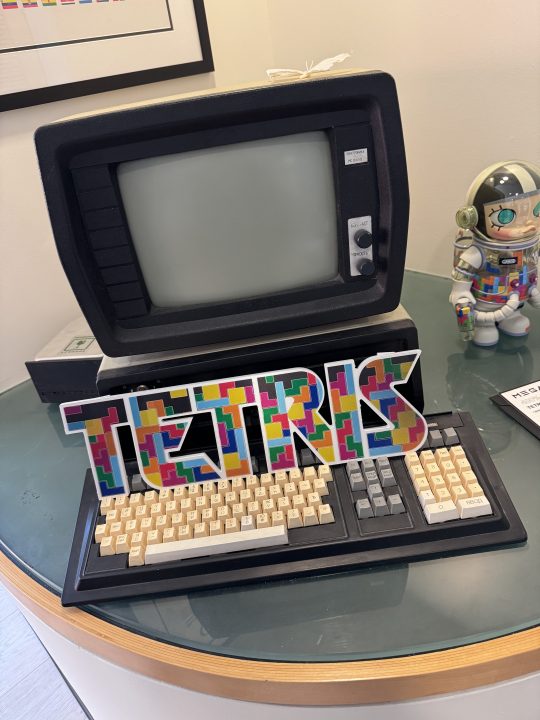Hawaii may be best known for its beaches and tourism industry, but it’s also becoming a hotbed for tech innovation and startups.

It might be hard to believe, but Hawaii is the epicenter of all things Tetris. The company founders are headquartered here and using their success to fund various startups. “We’re trying to create a more vibrant economy here and diversify beyond tourism and the military,” says Chenoa Farnsworth of Blue Startups.

Over the past 11 years, Blue Startups has invested in over 120 companies, many focusing on travel, tourism, hospitality, and artificial intelligence. “Software is the sweet spot,” said Farnsworth. “It has very low environmental impact and very high economic impact, which is perfect for an island state like ours.”
Next, I spoke with Ryan Ozawa, a native who has covered technology in Hawaii for 20 years. He told me that the pandemic acted as a reset button for the local economy. “People began to see the importance of being independent without relying on a single industry like tourism,” Ozawa explained.

The benefits of a startup based on a tropical island are clear, but there are downsides. “The cost of living is very high here, taxes are an issue, and business regulations are tough,” Ozawa pointed out. Despite these challenges, a small, supportive community and vibrant events make it an attractive place for startups.

One example is Mappy, a Hawaii-based startup that works with venues like ski resorts, museums, and festivals to create custom maps and analytics. “I love the small community that’s very supportive of one another,” said Karyn Nolan, co-founder and CEO of Mappy. “It’s very vibrant with lots of different events.”
I also met up with Ed Lallier, creator of Vanta Leagues. Vanta provides infrastructure for esports, helping kids learn life skills through gaming. “Hawaii is the best focus group you can think of,” said Lallier, who created the company after his own son was cyberbullied playing video games.

“You have a million people of diverse backgrounds and economic backgrounds as well. And you can actually test out your business practices, your model here. Once you get it right, you can then use it to scale in the mainland,” concluded Lallier.
Suggest a Correction
